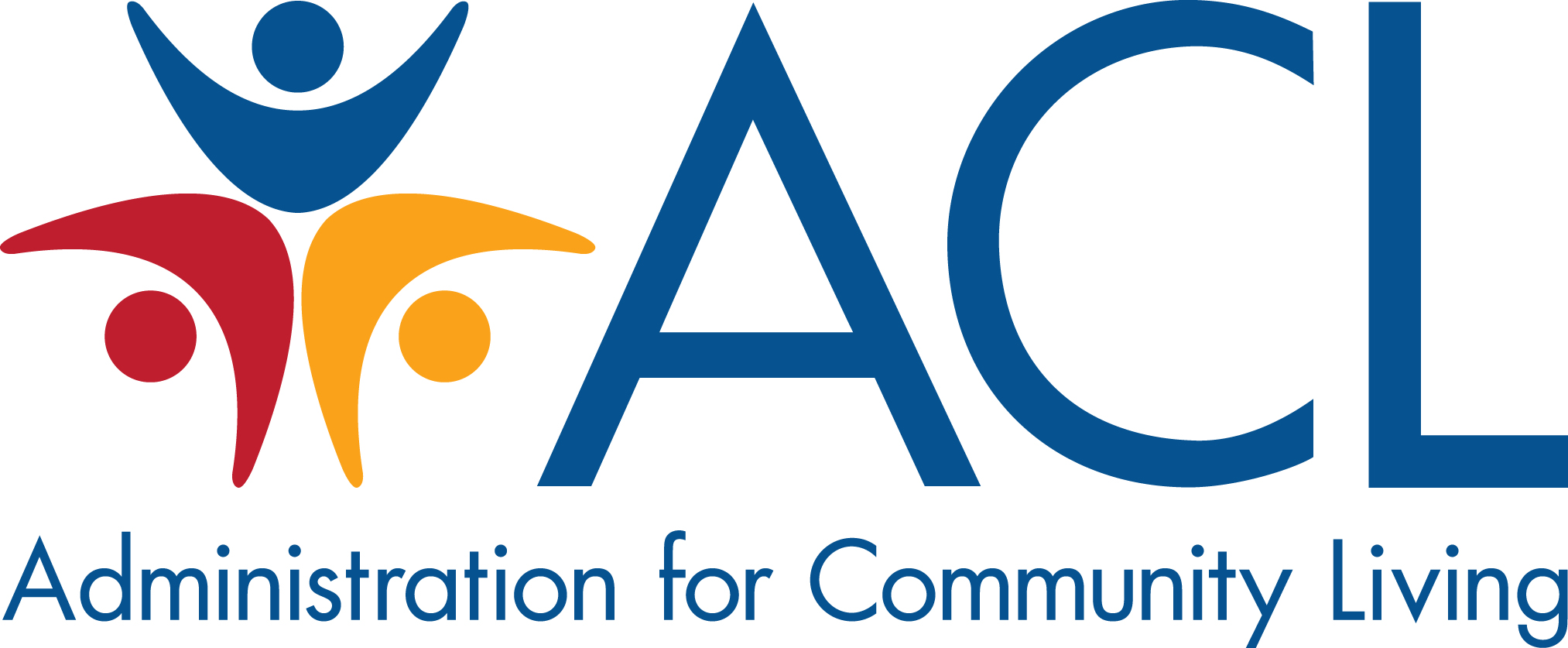
- This event has passed.
Addressing the Needs of Older Adults and People With Disabilities During Extreme Winter Weather
November 20 @ 11:00 am - 12:30 pm

oin ACL for a webinar focused on the significant impact of extreme winter weather on older adults and people with disabilities and the need for inclusive preparedness, response, and recovery measures.
During this webinar, attendees will hear from an expert panel including representatives from the disability and aging networks at the national, state, and regional levels. The webinar discussion will highlight the importance of accessible resources, evacuation planning, and strategies to ensure critical services are available and inclusive before, during, and after extreme winter events.
Extreme winter weather impacts older adults and individuals with disabilities disproportionately due to several factors associated with health, mobility, and access to resources.
For older adults, colder temperatures increase the risk of conditions like hypothermia and frostbite because aging bodies often have reduced circulation and lower body fat, making it more difficult to effectively regulate body temperature. Additionally, memory impairments may prevent them from taking necessary precautions, such as dressing warmly or seeking heating assistance during storms.
For individuals with disabilities, physical limitations can increase exposure risks and hinder the ability to seek shelter quickly or avoid hazards like icy walkways. Limited transportation options may make it challenging to reach warming centers or other safe locations, and there may be barriers to accessible emergency resources. Many people with disabilities rely on medical equipment dependent on electricity, which may become unusable during winter power outages. This can be life-threatening if outages are prolonged.
Furthermore, chronic health issues that impact people with disabilities and older adults, such as diabetes or thyroid problems, may affect the heart or blood flow, impairing the body’s ability to stay warm. (Taking medications for common conditions may have the same effect.)
A Q&A session will follow the panelists’ presentations.